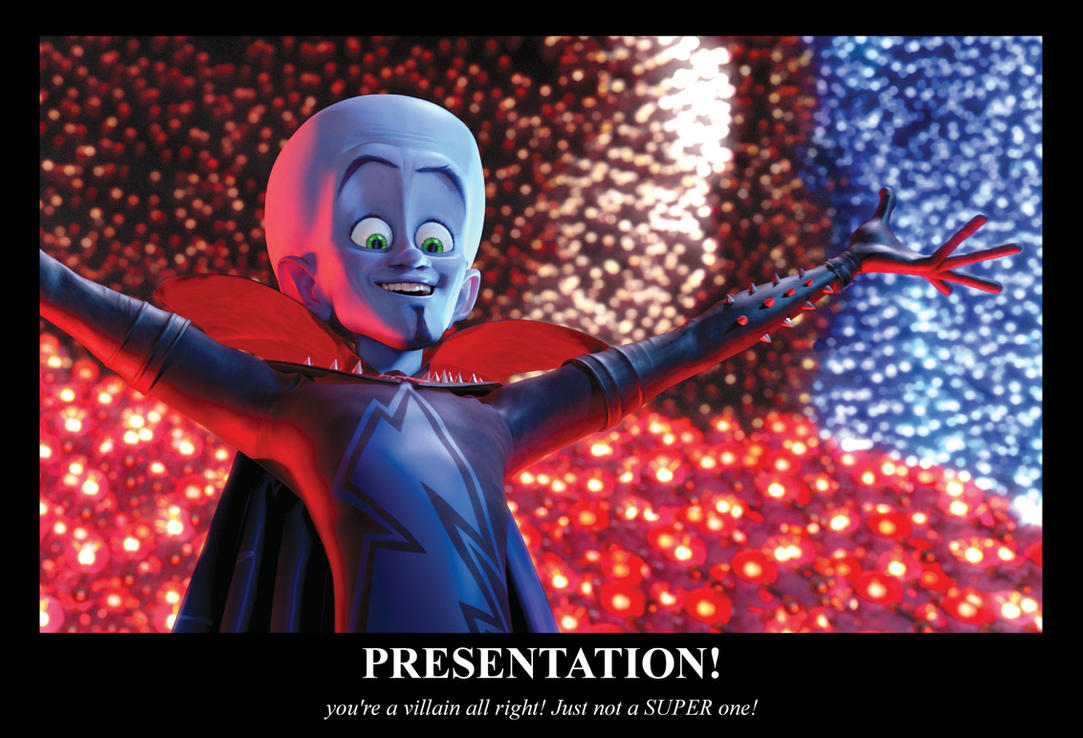“What matters is what you do with what you know.” – Susan
I feel that statement has many applications in our lives,
whether we be preparing for our careers or future families. In this class and our analysis of rhetoric,
it seems that we can effectively incorporate this
ancient knowledge into virtually every aspect of our lives. Whether we are giving speeches, reports, writing to our employees or bosses, the
principle of ad fontes appears in the adoption of the ancient
thinkers' works and their incorporation into our modern communication.
While I read the about the different expeditions of the
explorers and their struggles, I was impressed by both their tenacity and,
sometime as it appeared to me, cruelty.
These men were “men of action” and that ability to get an objective
completed is very admirable. And yet,
there seem to be instances where these “men of action” used their powers of
persuasion to unsavory ends. I think of
Hernán Cortés. He was one of the first entrepreneurs
of the new American continent. As a
young man, he proved both resourceful and astute in conquering the great Aztec
civilization.
Many times we look at the conquistadores and say they won
because of modern weaponry and foreign diseases. While these certainly are factors in his
victory, I question whether they were the only reasons, or for that matter the
main reasons. He had an extraordinary
ability to politicize and understand the workings of people. The Aztecs had made enemies because of their
conquests and human sacrifices to their idols, and Cortés took advantage of the
situation. His sprezzatura was
exemplified in his convincing of the other native tribes to join him in
conquest of the Aztec civilization. He
appeared to be so winning in his personal way that even the Aztec King
Montezuma seemed to view him as a friend and ally – so much so that when it
came to convincing the Aztec people to capitulate to the Spanish forces it was
Montezuma who went before his people to persuade them. This ability to charm and at times manipulate
was proven to be quite useful.
Not only in Cortés do we have an embodiment of sprezzatura,
but in Shakespeare’s Marc Anthony. With
his famous speech, the man who was “not an orator” incited the people to a
murderous fury. Also, Machiaveli seems
to me an example of someone who uses sprezzatura to control and dominate others. This darker side to the wit and charm of
sprezzatura makes me pause. “What
matters is what you do with what you know.”
Do we use our powers of persuasion to uplift and inspire others to
freedom, perhaps like Martin Luther, or do we use them for our own gain?


No comments:
Post a Comment